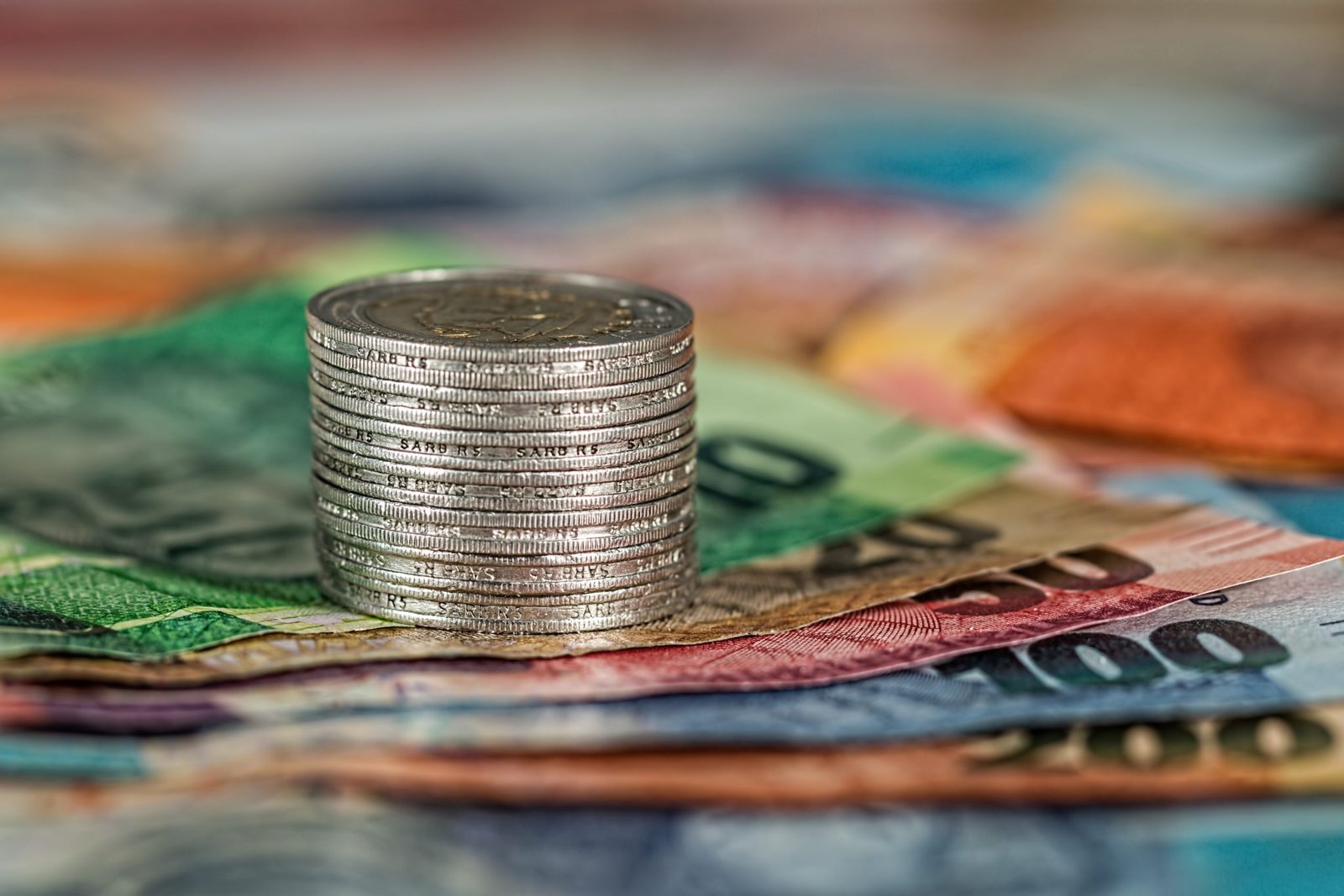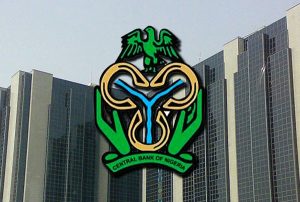Dominant Currencies and the Limits of Exchange Rate Flexibility
Faced with an unprecedented shock of collapsing global demand and commodity prices, capital outflows, major supply chain disruptions and a generalized drop in global trade, many emerging markets and developing economies’ (EMDEs) currencies have weakened sharply. Will these currency movements support the recovery of these economies?


